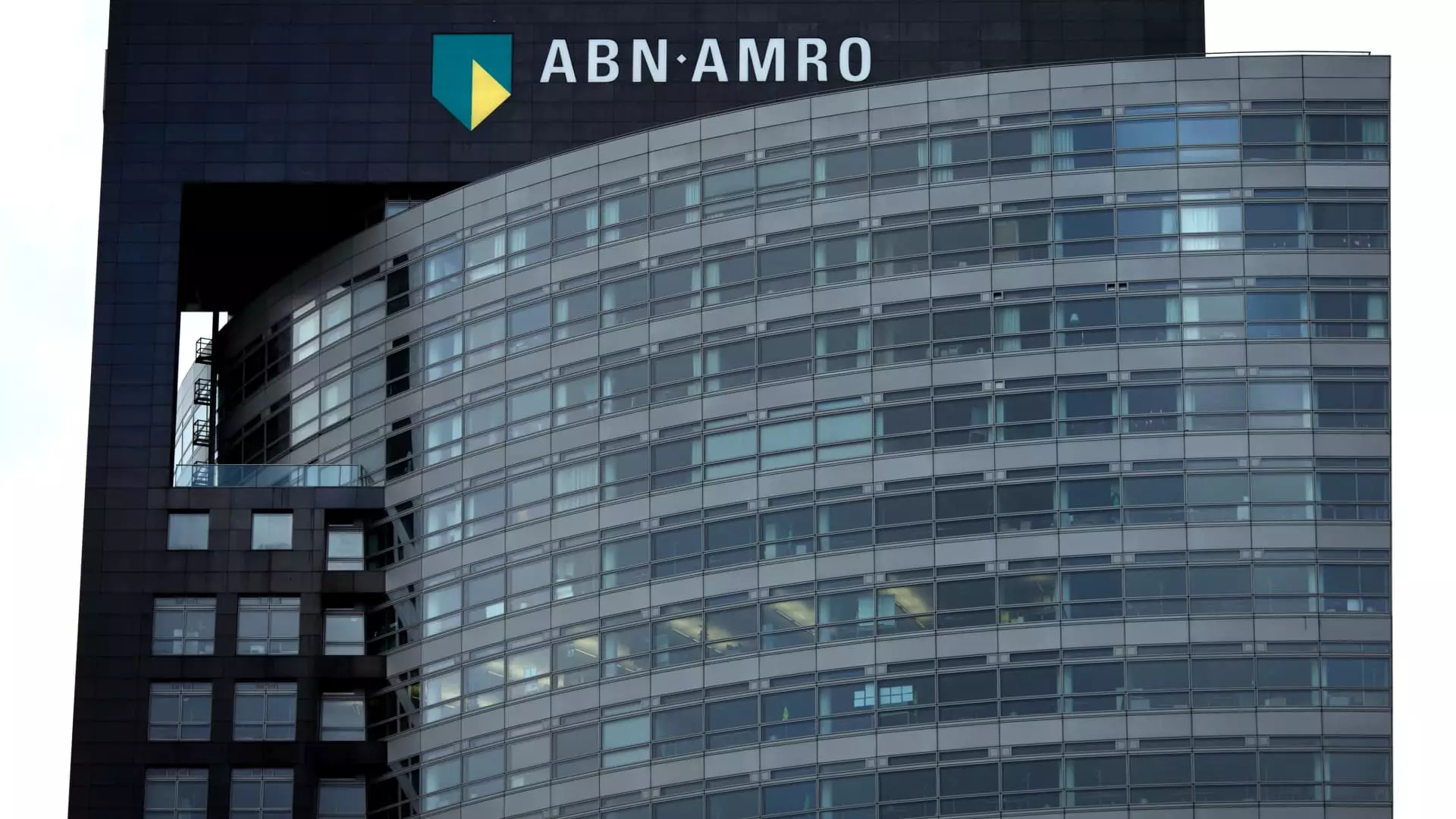In a significant pivot, the Dutch government announced on Tuesday its decision to decrease its stake in ABN Amro from 40.5% to approximately 30%. This move, facilitated through a structured trading plan executed by Barclays Bank Ireland, came in response to a resurgence in market activity and is aimed at bolstering the government’s fiscal position. Following the announcement, ABN Amro’s shares initially dipped by 1.2%, reflecting investor caution amid the impending divestiture.
The government’s prior sell-off in September, which netted around €1.17 billion, marked a decisive shift towards reducing its majority shareholding in the bank. This step not only signaled a belief in the bank’s recovery trajectory post-financial crisis but also showcased the government’s strategy to utilize proceeds from these sales to address state debts.
The journey of ABN Amro is a testament to the impact of the 2008 financial crisis. Once on the brink of collapse, the bank became a state entity in a bid to stabilize the broader financial system. The subsequent privatization in 2015 was aimed at restoring the bank to a competitive position within the European banking landscape. As Finance Minister Eelco Heinen articulated, the government’s intent in acquiring ABN Amro was primarily for systemic stability rather than a financial return on investment.
Heinen emphasized realism regarding future share prices, acknowledging that to recover the total taxpayer expenditure on the bail-out, shares would need to reach €31.49—a target deemed unrealistic in the near term, especially given that the last market close had ABN Amro shares at €15.83.
This stake reduction comes at a time when the banking sector is navigating a complex landscape marked by speculative activities and potential mergers. Across Europe, movements like UniCredit’s interest in Commerzbank have reignited discourse on the need for a robust banking union. Governments, including those of the U.K. and Germany, have echoed similar intentions in their attempts to reduce national stakes in banks that were previously bailed out.
The ongoing speculation surrounding ABN Amro, particularly last year’s rumors regarding interests from BNP Paribas, hints at the strategic value perceived in Dutch banking assets. These developments underscore a shifting sentiment towards recovery and potential collaboration in the European banking sector.
The Dutch government’s decision to streamline its stake in ABN Amro reflects a broader narrative. It illustrates the balance of maintaining financial integrity while capitalizing on market improvements. As national governments globally seek to unwind the interventions made during the financial landscape’s tumult, effective strategies like these will be crucial in ensuring sustainable recovery. The future landscape of ABN Amro remains to be seen, but the proactive steps taken indicate a robust approach to navigating the evolving economic environment.

